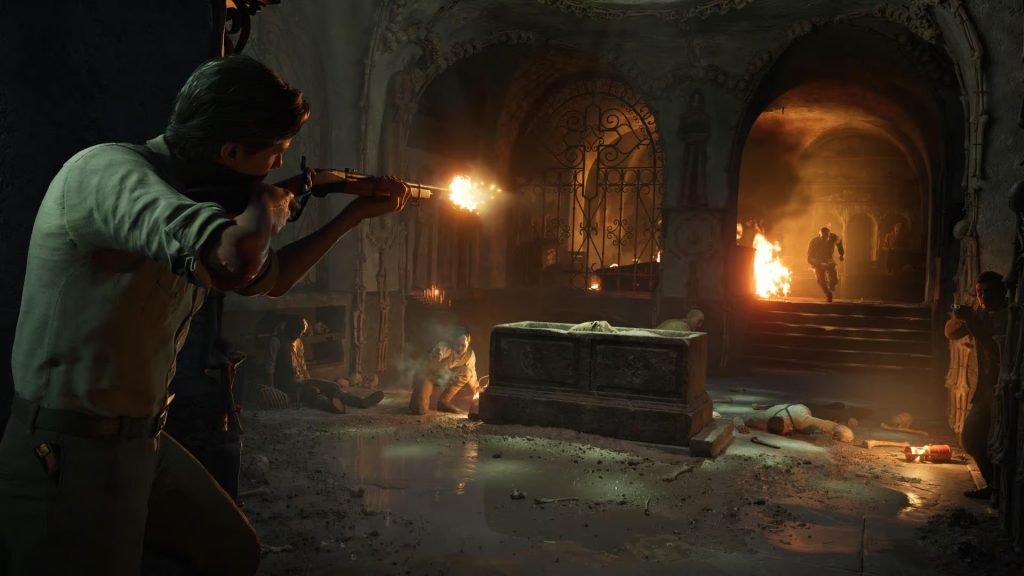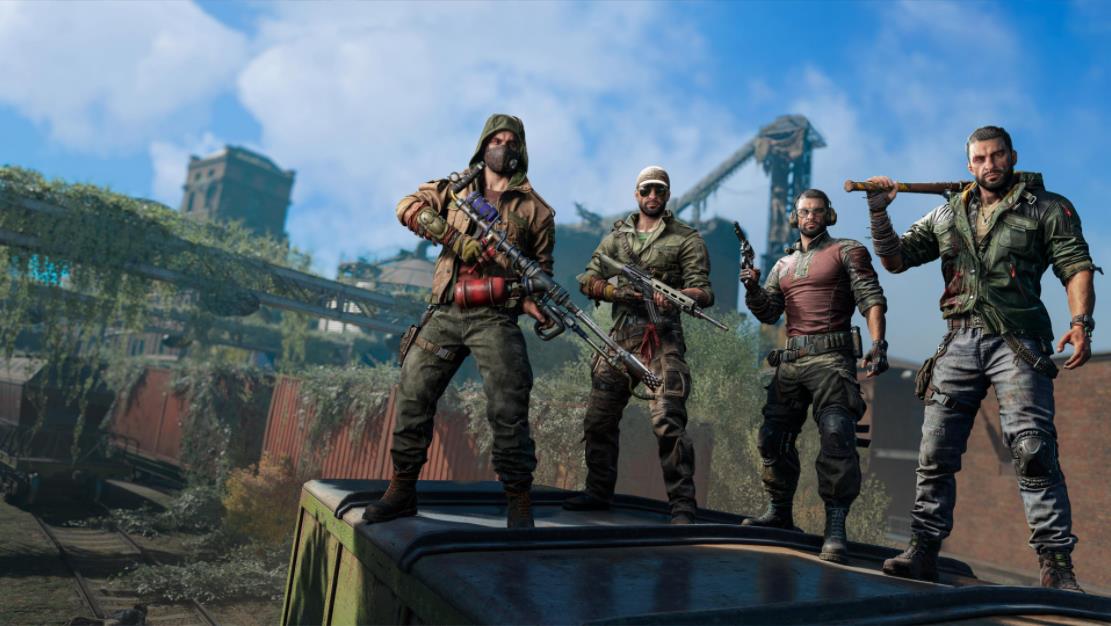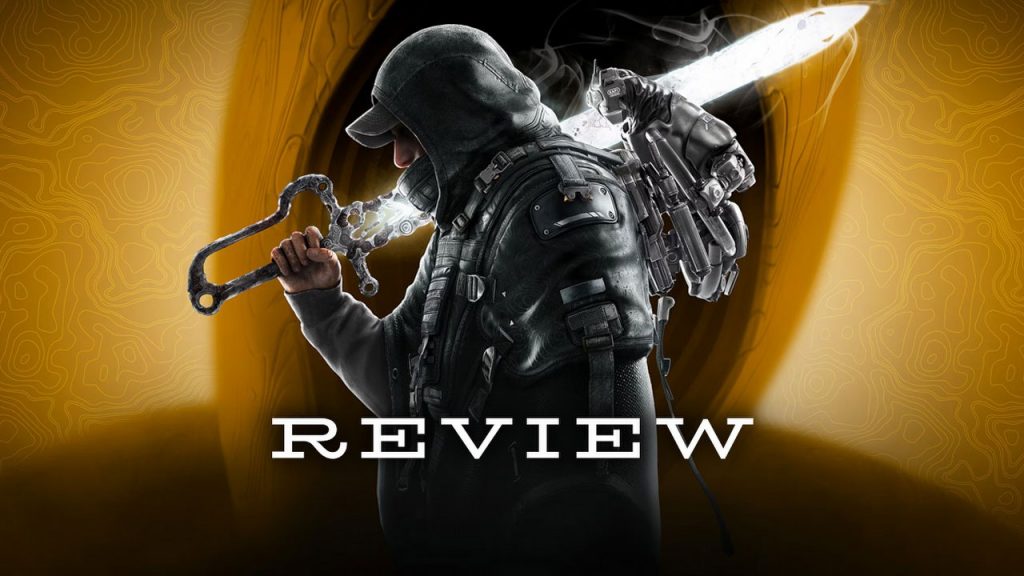
At the heart of practically every open-world crime game is the pull of the American dream: that (somehow, still) enduring image of an America that promises wealth and happiness just by virtue of its existence. A recurring shot in Mafia: The Old Country is of a postcard of a gleaming Empire Bay, the Mafia universe’s stand-in for New York and the epitome of that dream. In these moments, the camera zooms out and offers up a glimpse of the grim reality of early-20th-century Sicily and why America was, even back then, such a siren call for many.
That darkness may not be readily apparent, as much of The Old Country plays out across the verdant rolling hills of Sicily. But the game makes a point that every single time its protagonist, a gentle but desperate young man named Enzo, focuses too intently on the postcard of Empire Bay sent to him by a friend, it’s because he’s found himself in some new incarnation of hell.
At the start of the game, our protagonist’s hell is toiling away as a miner in claustrophobic burrows beneath the mountains of Sicily, where he’s destined to die if he’s unable to earn or steal the money to escape. Later, hell is driving to a train station in the shadow of Mount Etna, which has been ominously spewing smoke for hours, its detonation as imminent as that of Enzo’s life. Don’t let the beautiful pastoral setting fool you: This is a place where the pressures of class are constantly felt and brutalizing, and the cost of compromise is high.
Enzo escapes the mining life by exacting bloody revenge on a manager for overworking him and his fellow laborers, but when the Torrisi crime family takes him in and puts him to work, Enzo finds out that the only real difference between the perpetual danger of working a mine and the perpetual danger of getting embroiled in egotistical power struggles between mafia dons is the suits. There’s always the sense that every new task, every new kill, is further tearing away at Enzo’s soul—and that what he feels isn’t something that the powerful ever endure.
That’s a point that The Old Country would struggle to make if it were more akin to a Grand Theft Auto or Assassin’s Creed game, where the completion of seemingly endless tasks is meant to make you feel like the master of the world. This is a brief, linear, self-contained game that takes place in an open world only inasmuch as it largely takes place in one immense Sicilian valley, dotted with farms, villas, and one sleepy seaside town. The mission structure, combat, and stealth and driving mechanics all make the game feel like an Xbox 360-era throwback—very much of a piece with the first two games in the Mafia series.
Compared to the finger-twisting meticulousness of, say, Grand Theft Auto V, this game is almost charming in its simplicity, and, for some, it will be hard to shake just how quaint the mechanics feel in comparison to the game’s beefier contemporaries. That puts a lot of pressure on the narrative to give players a reason to keep shooting, but that narrative is very much up to the task. In fact, the simplicity of the mechanics plays into the ease with which Enzo slips into his role as a trusted mafia soldier, at the expense of everything else worthwhile in life.
In the world of the game, where dons, surrounded by starving wage slaves and grieving widows, obliviously wonder why Sicily’s protection rackets produce less and less money every year, Enzo is perpetually on the clock, inundated with mission-critical tasks. Throughout, there’s a clear delineation between free roaming the map and the plot pushing you toward the next mission, and this speaks to just how little freedom he actually enjoys while living the supposed good life. Not for nothing does his girlfriend, Isabella Torrisi, feel propelled to break into his apartment just so they can spend some kind of quality time together.
The final shot of the game is of the “real” Empire Bay. It’s not the gleaming city on a hill pictured on that postcard, but a mist-shrouded, ethereal ghost town. This is the moment The Old Country was building toward: the dim, fragile light at the end of a fiery and ferocious third act. And the only difference between Empire Bay and the place Enzo was born is the concrete gray. America, just like the old country, is built on blood.
This game was reviewed with a copy purchased by the reviewer.

















暂无评论内容